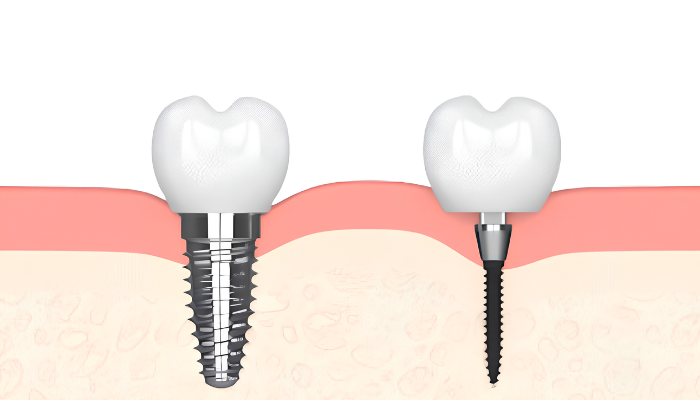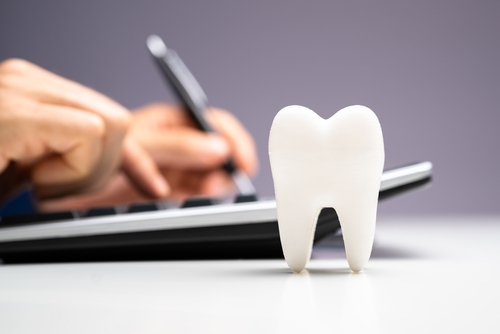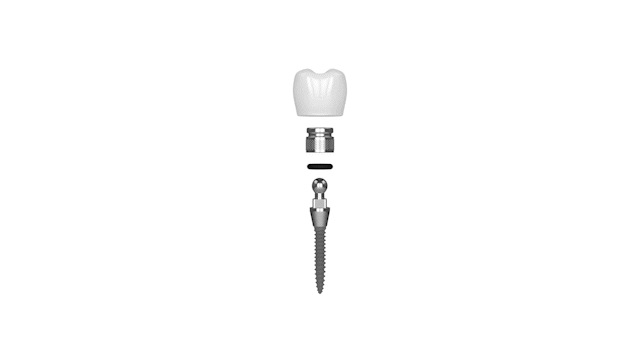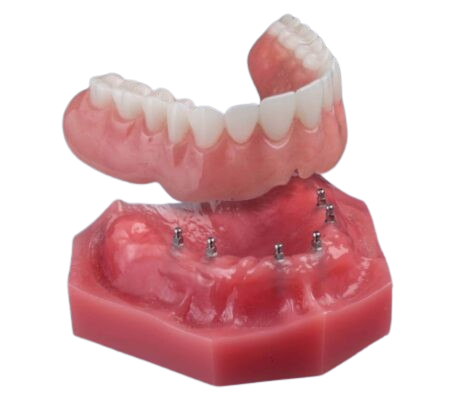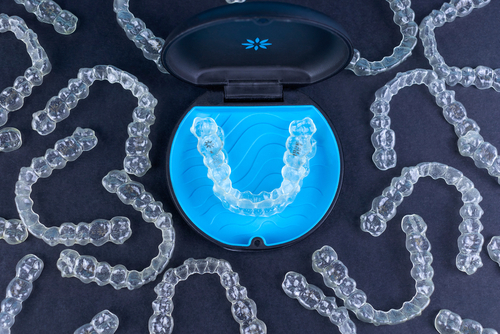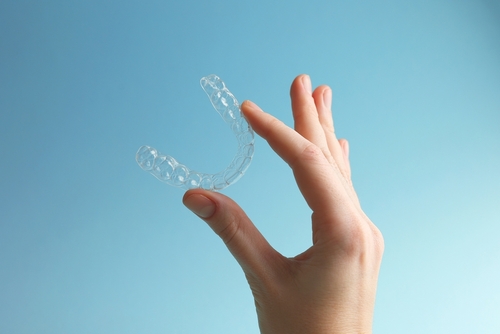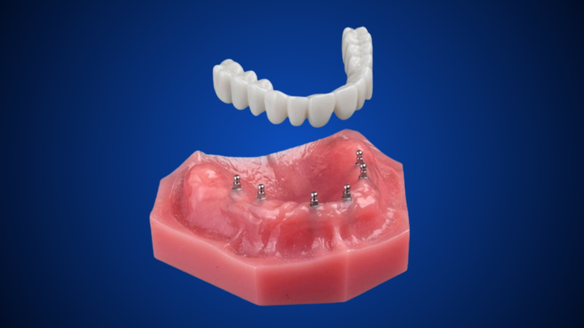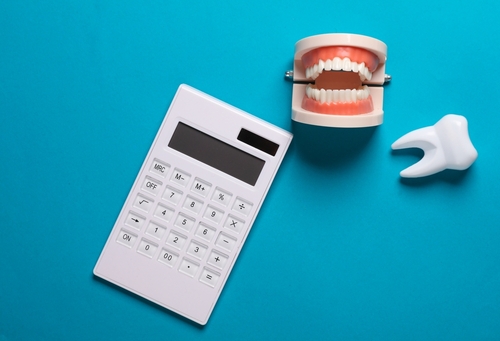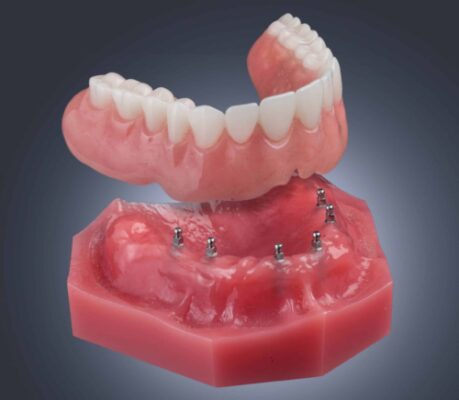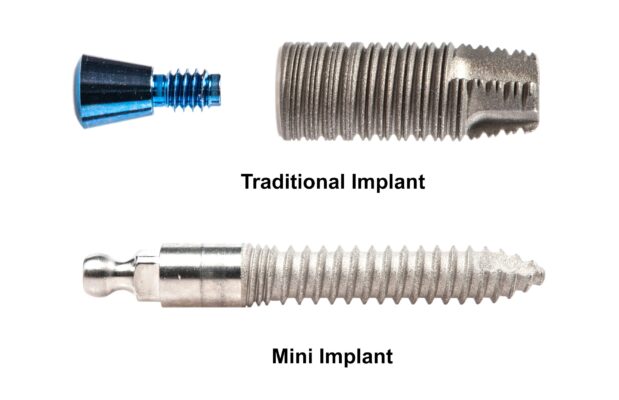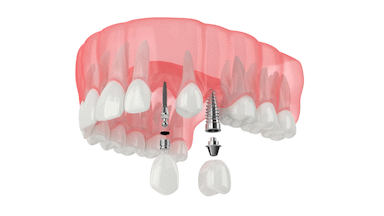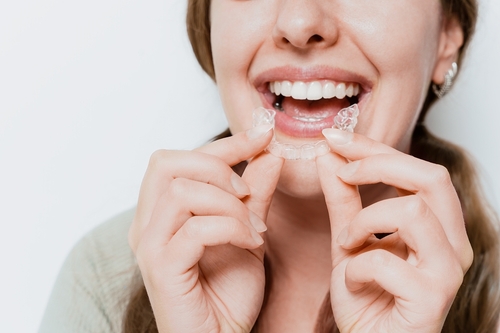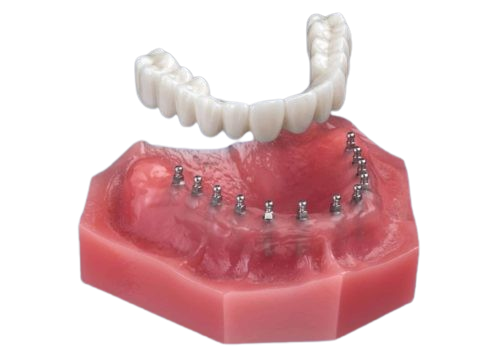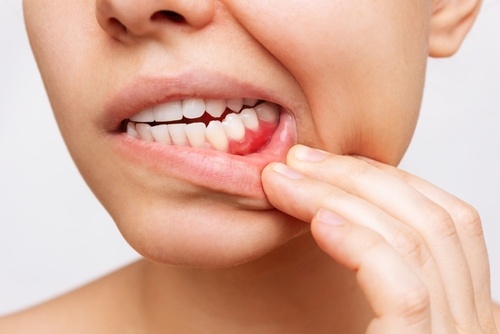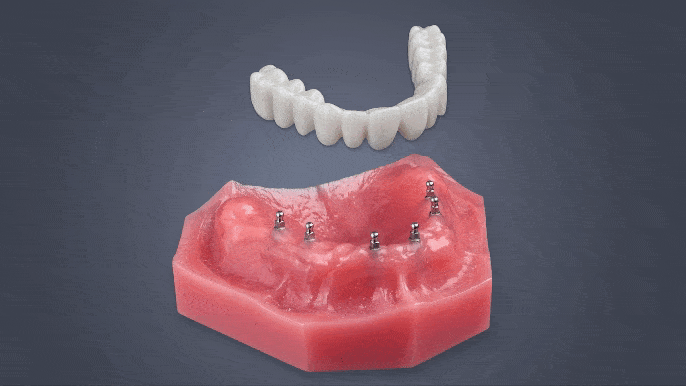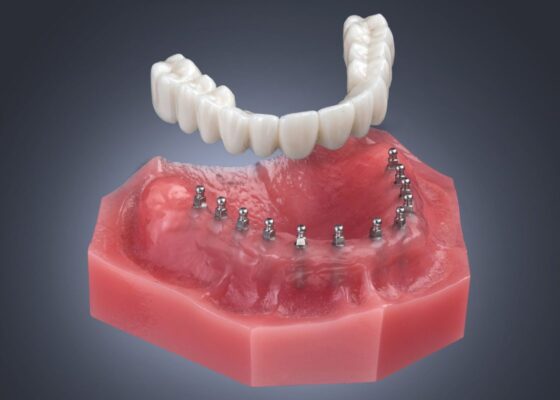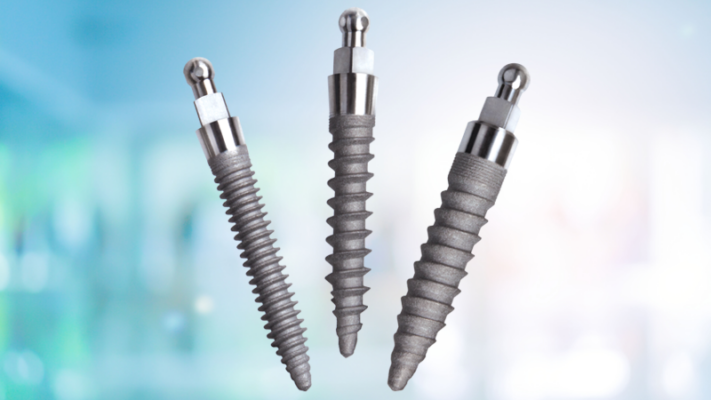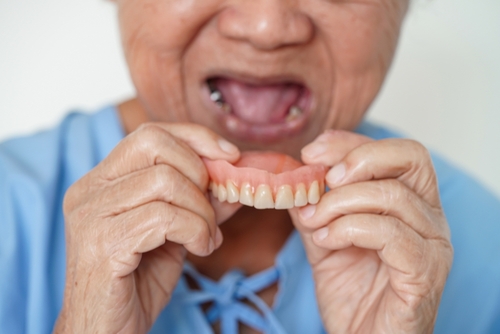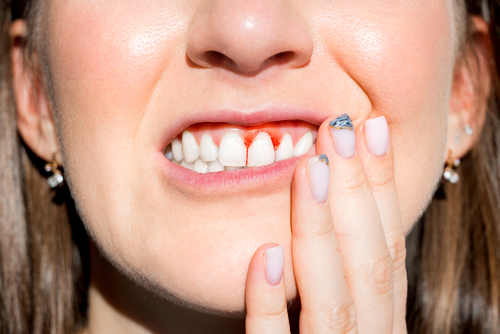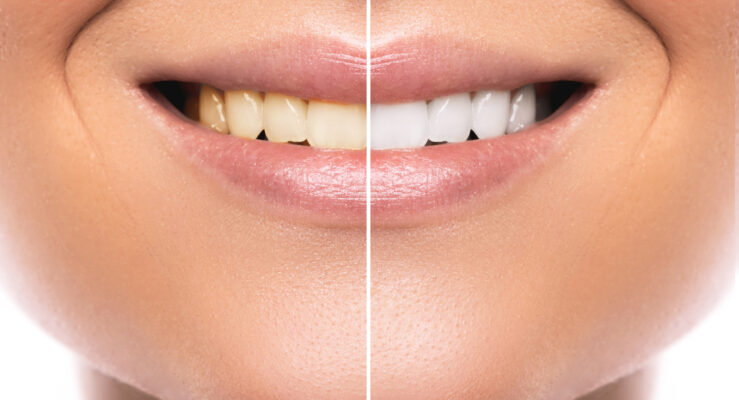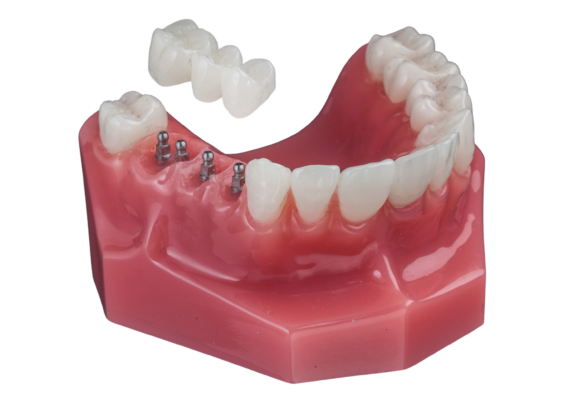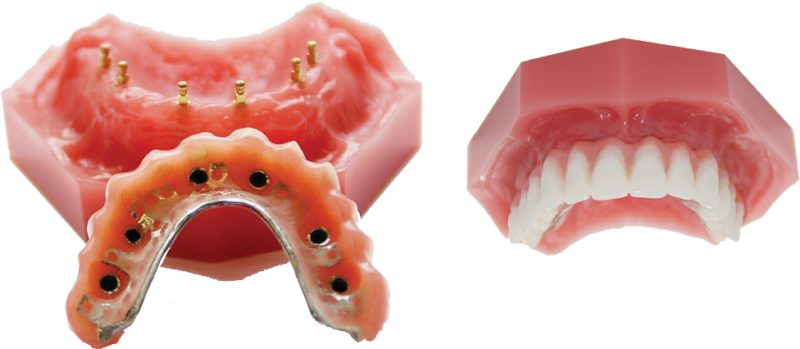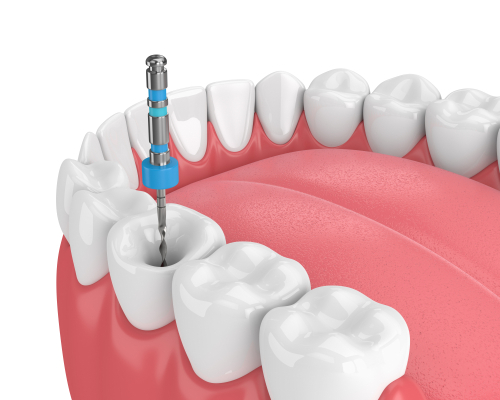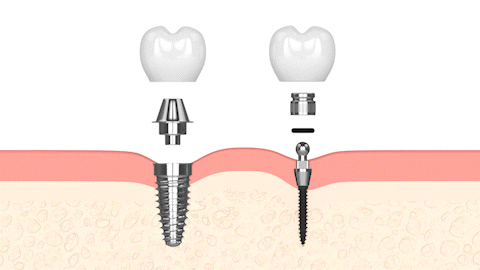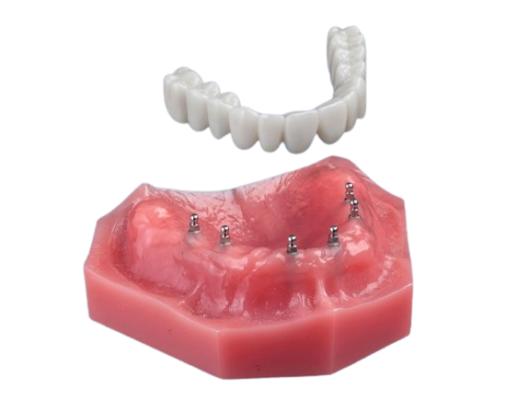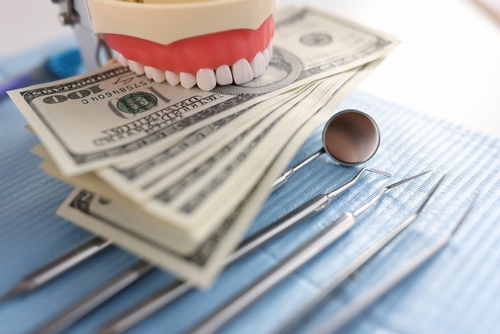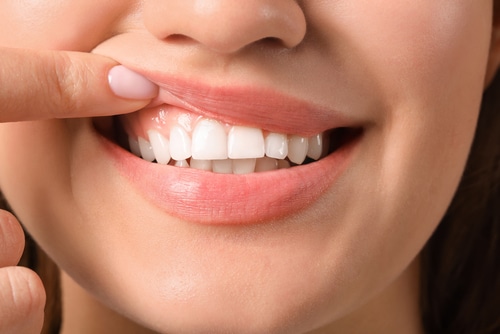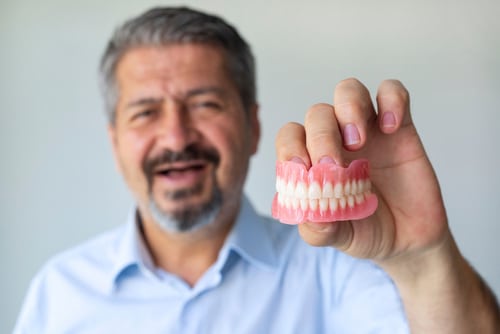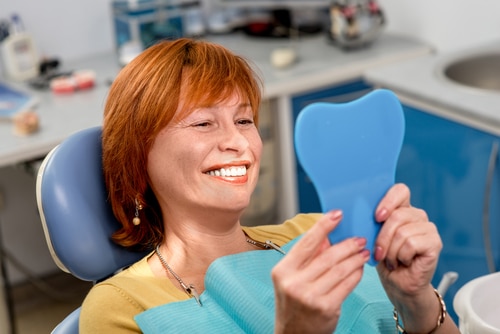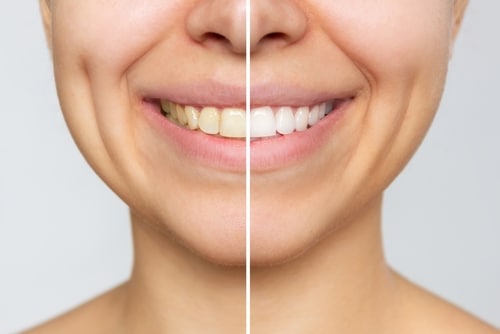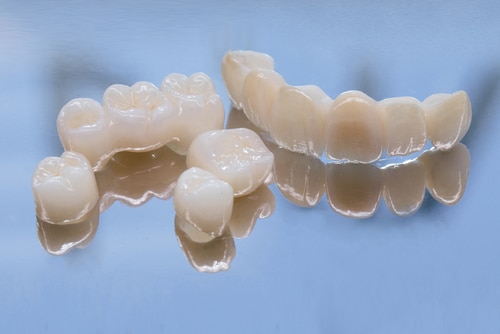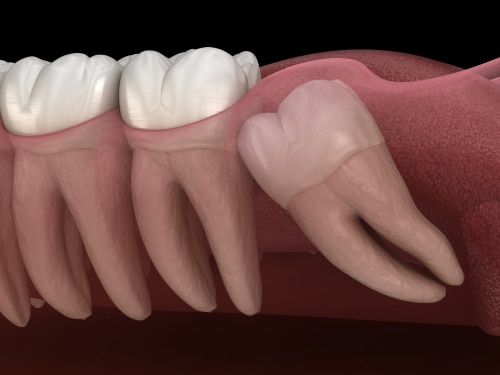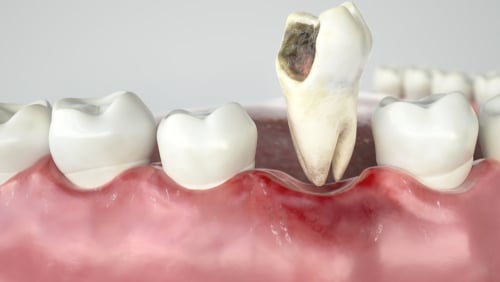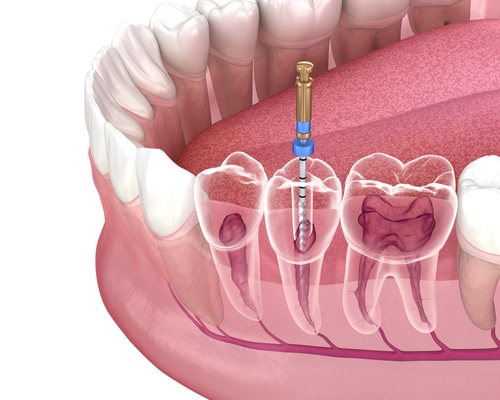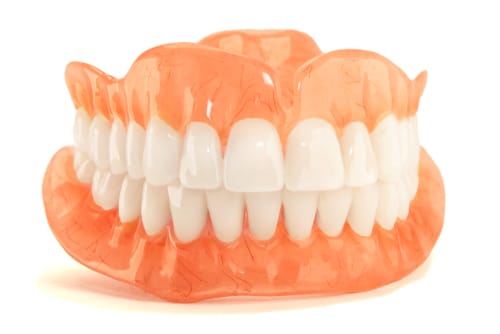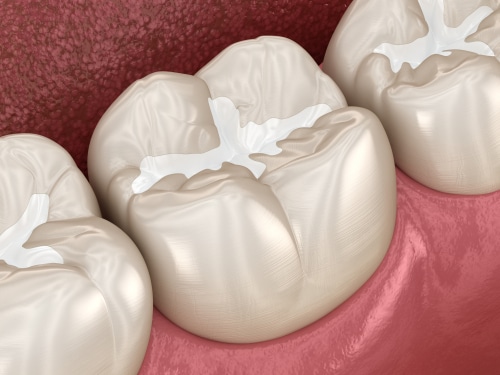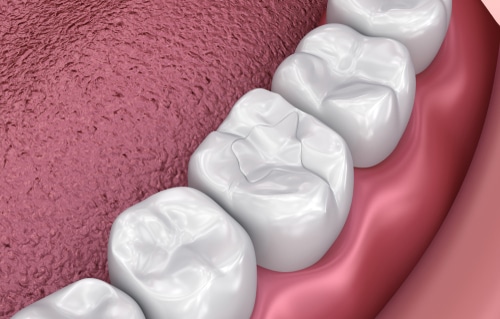Your Guide to Dental Implant Loans and Financing Options
Sometimes, you know exactly what you need. You’ve done the research, weighed the options, maybe [...]
Porcelain Veneer Benefits: Where Confidence Meets Craftsmanship
Have you ever caught yourself holding back a smile—pressing your lips together in photos, turning [...]
Emergency Dentist in Austin, TX: Trusted Care When You Need It Most
We never pencil in a dental emergency. Toothaches don’t check your calendar first. Accidents don’t [...]
Mini Dental Implants in Wells Branch, TX
Walking through a garden, our eyes are naturally drawn to what rises above the ground. [...]
Best Implant Dentist in Austin, TX
To excel at something means you’ve honed your skill, refined your technique, and earned results [...]
Crowns vs. Veneers: What You Should Know Before You Decide
We’ve all played the “either/or” game—even if we didn’t realize it at the time. Would [...]
Restore Your Health With Dental Implants in North Austin, TX
Texas BBQ isn’t just a cuisine, it’s a landscape in motion. Each cut of brisket, [...]
A Clear Look at the Cost of Porcelain Veneers and Cosmetic Alternatives
Choosing a cosmetic dental treatment isn’t just about picking a procedure off a menu—it’s more [...]
Can a Dental Implant Be Non-Surgical? Here’s What You Should Know
Is there such a thing as a non-surgical dental implant? Can something truly be called [...]
Does Insurance Cover Snap-On Dentures? Here’s What You Need To Know
There’s a moment, somewhere between adjusting your dentures for the tenth time and avoiding certain [...]
Bonding vs. Veneers: Which One Aligns With Your Smile Goals?
Your smile holds more than appearance—it reflects who you are, how you express yourself, and [...]
Understanding Mini Dental Implants and Their Cost Benefits
Cost can loom over us like a shadow—always present, always lingering in the background. It [...]
The Best Ways To Clean and Care for Your Dentures
Sometimes, the hardest part of any journey is taking that first step. Whether it’s investing [...]
A Non-Invasive Dental Implant? Not Exactly, But Mini Implants Come Close
A dental implant, by its very nature, cannot be considered non-invasive—just like a plant cannot [...]
Restore Stability and Comfort With Mini Implant Dentures
Say you’re out at a cozy restaurant, eager for a great meal and good conversation. [...]
What To Expect From a Smile Makeover
There’s something undeniably magical about a legendary makeover scene in a movie—the moment when a [...]
Can Invisalign Replace Braces? Here’s What You Need To Know
At some point, many of us realize there’s an easier, more convenient way to achieve [...]
End the Frustration of a Floating Denture With Mini Dental Implants
You know that moment when you take a turn just a little too fast, and [...]
How Invisalign Aligners Combine Strength and Innovation
What if, in the early 1900s, we had accepted that powered flight was impossible? If [...]
What Makes a Roundhouse Bridge a Better Option Than Dentures?
Innovation has a way of reshaping our lives in ways we don’t always notice—until we [...]
Transform Your Smile With a Cosmetic Dentist
Have you ever stopped to think about what kind of dentist is right for you? [...]
How Mini Implants Cost Less Without Sacrificing Quality
Sometimes, a need starts as a whisper, just a small inconvenience you can brush off. [...]
Trusted Urgent Dental Care in Austin, TX
We rarely think about our teeth until something goes wrong. A chipped tooth, an unexpected [...]
Snap-On Dentures Deliver Stability and Confidence to Your Smile
What do you picture when you hear the word “snap”? Maybe it’s the flourish of [...]
Why Braces Alternatives Like Clear Aligners Transform Orthodontics
In the 1980s, the Motorola DynaTAC 8000X burst onto the scene as the first-ever portable [...]
Mini Dental Implants vs. Traditional Implants: Which Option Is Right for You?
In the ring, two fighters step forward as the crowd erupts. On one side, the [...]
Your Step-by-Step Guide Through the Veneers Process at Aspire Dental
What if your smile could tell the story you want it to—radiating confidence, joy, and [...]
ClearChoice Alternatives: Discover the Benefits of Mini Dental Implants
Sometimes, even simple choices aren’t as straightforward as they seem. You know how it goes: [...]
How To Manage Dental Anxiety and Find Comfort at the Dentist
Anxiety is more than just nervousness. It’s a powerful and often overwhelming response that can [...]
Our Stabili-Teeth Alternatives Offer a Quicker, Less Invasive Path to a Restored Smile
It seems like something new comes along every day, promising to be the perfect solution [...]
Visit Aspire Dental for Emergency Dental Care When You Need It Most
Dental emergencies have a sneaky way of appearing out of nowhere, disrupting your plans, and [...]
Denture Options Simplified: Find the Right Fit With Mini Dental Implants
Isn’t it nice to live in a world where you have options? Whether you’re choosing [...]
Does Invisalign Work? What To Expect From Your Treatment
It’s wild to think about how far technology has come. Remember when phones were just [...]
Affordable Dental Implants in Austin, TX
Consider a time, not too far in the past, when a visit to the doctor [...]
How A Sedation Dentist Can Ease Your Anxiety
You know that feeling when you’re sitting in the dentist’s waiting room, your heart racing [...]
Fixed Dentures Provide a Secure and Lasting Solution for Your Smile
“Fix.” It’s such a small word, yet it holds an incredible depth of meaning. It’s [...]
Why Wisdom Teeth Removal Can Prevent Future Dental Problems
While some people may never encounter issues with wisdom teeth, these extra molars can often [...]
How Much Does a Dental Implant Cost?
If given a choice between two options, where both provide the same result but one [...]
How To Reverse Gum Disease With Professional Dental Treatments
Did you know that nearly half of the adult population is silently battling a condition [...]
Full Dentures: The Options for Replacing a Complete Set of Teeth
In the film Harry Potter and the Chamber of Secrets, the titular boy wizard regrows [...]
A Dental Emergency Calls for Immediate Treatment
When it comes to emergencies, nobody ever wants them to happen, but we should all [...]
Invisible Braces: How the Invisalign Process Works
If you asked a group of people what type of changes would improve their smile, [...]
The Best Austin Dental Implants Are Mini Implants From Aspire Dental
According to the City of Austin’s records, in 1840, the city only had a population [...]
Mini Implant Dentures Are Secure and Comfortable in a Big Way
Tooth loss is a common problem, significantly affecting millions of people’s quality of life. Traditional [...]
A Veneer Dentist Can Give You the Smile of Your Dreams
In today’s world of smartphones and social media, it’s never been easier to take photos [...]
ClearChoice Can’t Match the Versatility, Affordability of Mini Dental Implants
Have you ever noticed that one-size-fits-all clothing rarely fits perfectly? Anything mass-produced to accommodate most [...]
Non-Invasive Dental Implants Make More Out of Less
Are you nervous about invasive dental procedures, like replacing a missing tooth with a dental [...]
Are Dental Implants Affordable? With Mini Implants, the Answer Is Yes!
Are you one of the 178 million Americans living with missing teeth? Considering that the [...]
Solving Dental Phobia: Sedation Dentistry Provides a Comfortable Experience
When something scares us or makes us anxious, we naturally tend to avoid it. But [...]
Stabilize Your Floating Dentures With Mini Implants
How challenging would life be if you had to wear roller skates 24 hours a [...]
Implant Dentistry in Austin: Unlocking the Path to a New Smile
When there’s a hole in your front yard, it’s a good idea to fill it. [...]
Gum Disease: The Signs, Symptoms, and Treatment Options
If you think you may be showing signs of gum disease, you’re not alone. Gum [...]
Affordable Dentures: Mini Implants Offer Many Options
Have you ever heard of The Unattainable Triangle? It’s a business concept that says your [...]
Teeth Bleaching Can Instantly Brighten Your Smile
“You never get a second chance to make a first impression.” This old saying holds [...]
Implant Bridges Are More Stable Than Traditional Bridges
The first primitive bridges built by man were log bridges, often made from fallen trees. [...]
All-on-4 Is Improved With Mini Implants: Meet Fix-on-Six
Isn’t it exciting when the newest model of your favorite product comes along? Whether it’s [...]
Modern Root Canal Treatment Isn’t Painful
Do you have anxiety about going to the dentist? If so, you may have imagined [...]
Aspire Dental Offers Dental Implants in Austin, TX
Living with missing teeth greatly affects your oral functionality and quality of life. Think of [...]
Implant Dentures: A Sturdy Solution for Tooth Replacement
Have you ever tried a solution you knew wouldn’t work, yet you kept trying anyway? [...]
Wisdom Tooth Extraction: Everything You Need to Know
There are certain milestones that many of us reach, marking the journey into young adulthood. [...]
Same Day Dental Implants Quickly Revitalize Your Smile
Have you ever heard the saying, “Time is money”? When you’re considering an essential medical [...]
Your Dental Implants May Be a Tax Deductible Expense
Dental implants are a remarkable advancement in dentistry, offering significant benefits for replacing missing teeth. [...]
Denture Stabilization: Secure Your Tooth Replacements
Are missing teeth causing you daily frustrations and affecting your quality of life? You’re not [...]
Emergency Dentist in Austin, TX
When an unbearable toothache strikes at midnight or a tooth gets knocked out during a [...]
Porcelain Veneers: A Long-Term Smile Solution
Your smile often makes the initial impression when you meet someone new. But sometimes, tiny [...]
Permanent Dentures Improve Your Quality of Life
If you’re considering dentures to replace missing teeth, you’re not alone. Humans have been making [...]
Broken Tooth Fixed With Dental Bonding
Do you ever hide your smile in photos or hesitate to laugh because you’re embarrassed [...]
Austin Implant Dentist Revitalizes Smiles
A smile is a powerful resource that can communicate so much information in a single [...]
Non-Surgical Dental Implants: Mini Implants Make the Process Painless
Tooth loss can be difficult to deal with. It affects your smile, diet, speech patterns, [...]
Whiter Teeth for a Radiant Smile
Every time you laugh, talk, or smile, you show the world a bit of who [...]
Clear Aligners: The Discreet Option for Straighter Teeth
In today’s fast-paced world, we are all looking for quick, efficient solutions that match our [...]
Loose Dentures No More: Exploring Permanent Solutions
Are you tired of the frustration and discomfort caused by loose dentures? Do you long [...]
Dental Extraction for a Healthier Smile
A visit to the dentist often evokes a whirlwind of emotions: uncertainty, apprehension, and sometimes, [...]
Missing Teeth? Mini Dental Implants Are an Ideal Solution
Dealing with missing teeth? You’re certainly not alone. In Texas, 32% of older adults are [...]
Dental Veneers Can Perfect Your Smile
Your smile is often the first thing people notice about you. But for many, smiling [...]
Bleeding Gums and Why You Should Pay Attention
Ever noticed your gums turning a bit red? Do you see bleeding gums when you [...]
Dentures in Austin Can Be Your Path to a Confident Smile
Losing your teeth can profoundly affect your self-confidence. Whether your tooth loss is due to [...]
Affordable Dental Implants in Austin, TX
One of the most common fears in oral health is the fear of losing a [...]
Full-Mouth Reconstruction: The Complete Restoration
It’s incredible how something as small as a tooth can impact our daily routines. Even [...]
Teeth in a Day: The Transformative Power of Mini Dental Implants
Losing a tooth or multiple teeth can be frustrating. The once easy task of eating [...]
Snap-In Dentures in Austin, TX
Are you tired of missing teeth holding you back from enjoying life to the fullest? [...]
Mini Implants: The Modern Solution to Dental Challenges
Have you ever felt the discomfort of a missing tooth or worried about the instability [...]
Implant Dentist Insights: Regaining Your Smile With Dental Implants
Losing a tooth, or maybe even several, can be a difficult thing to deal with [...]
Sedation
Sedation is a process used to establish a relaxed, easy and calm state through the [...]
Teeth Whitening
Tooth whitening (or bleaching) is a simple, non-invasive dental treatment used to change the color [...]
Dental Bonding
Dental bonding is an efficient, affordable process of bonding tooth-colored resin to the teeth to [...]
Crowns and Bridges
Crowns and bridges are made by a dental technician that uses the mold of your [...]
Wisdom Teeth
Wisdom teeth are the large teeth in the very back of your mouth that grow [...]
Extractions
Dental extractions are a common dental practice that consist of removing a tooth from its [...]
Root Canal
Root canal treatment — also called endodontics – is a set of specialized procedures designed [...]
Invisalign
Invisalign clear aligners are made of invisible plastic. Rather than being cemented or bonded to [...]
Full & Partial Dentures
If you suffer from dental disease, malnutrition, or genetic disorders, you may need your teeth [...]
Sealants
Dental sealants are plastic coatings that are usually placed on the chewing surface of the [...]
Composite Fillings
A composite (tooth colored) filling is used to repair a tooth that is affected by [...]
Dental Exam and Cleaning
Regular exams are an important part of maintaining your oral health. During your regular exam, [...]
Implant Dentistry
Implant Dentistry in Austin, TX Conventional partial dentures and dentures can be difficult to wear, [...]




